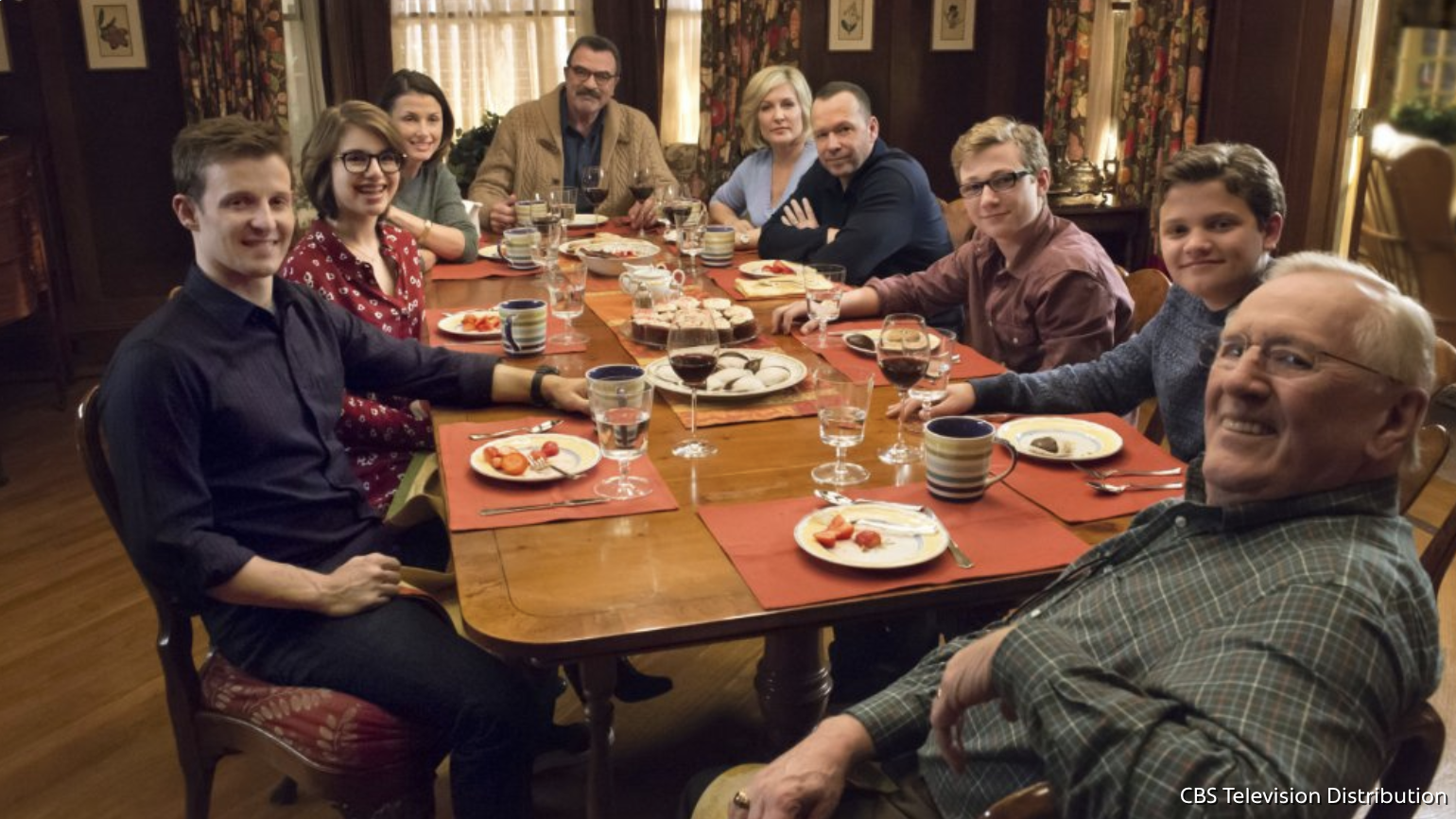
For over a decade, the Reagan family’s Sunday dinner has served as the beating heart of “Blue Bloods,” a weekly ritual that transcends mere sustenance. It’s a crucible where law enforcement ethics are debated, familial bonds are strengthened, and the complexities of navigating justice in a sprawling metropolis are laid bare. For millions of viewers worldwide, this iconic scene offers a comforting blend of tradition and drama, a glimpse into a family united by blood and a shared commitment to upholding the law, albeit through their distinct lenses.
The very notion of being invited to this revered gathering sparks a unique form of fan engagement. It’s not just about watching the Reagans; it’s about imagining oneself within their dynamic, contributing to the lively discourse that often unfolds amidst plates of pasta and pointed opinions. The question, “If you could pull up a chair at the legendary Reagan family Sunday dinner, what topic would you bring to the table?” has resonated deeply, prompting fans to consider their own values and how they might intersect with the challenges and triumphs faced by Frank, Erin, Danny, Jamie, and the extended Reagan clan.
The spectrum of potential discussion topics is as broad as the issues tackled by the show itself. For those drawn to the strategic mind of the Police Commissioner, a deep dive into the intricacies of departmental policy, the delicate balance between community relations and crime control, or the ethical tightrope of leadership might be the order of the day. Imagine posing a particularly thorny hypothetical scenario to Frank, seeking his seasoned wisdom and pragmatic approach to an intractable problem.
Others might find themselves gravitating towards Erin’s sharp intellect and unwavering commitment to justice within the legal system. A conversation about the nuances of prosecutorial discretion, the challenges of securing convictions in a complex legal landscape, or the moral ambiguities inherent in plea bargains could prove intellectually stimulating. Perhaps a fan with legal expertise might even offer a fresh perspective on a case Erin has grappled with.
The dynamic energy of Danny’s approach to law enforcement, often characterized by instinct and a relentless pursuit of the truth, could inspire a different line of inquiry. Discussions about the realities of street-level policing, the emotional toll of confronting violent crime, or the ever-evolving relationship between law enforcement and the communities they serve might dominate the conversation. One could even envision sharing an anecdote from their own life that mirrors a situation Danny has faced, offering a civilian perspective on the complexities of his work.
For those drawn to Jamie’s more by-the-book approach and his evolving understanding of the system, a discussion about police reform, the importance of community policing initiatives, or the challenges faced by younger officers navigating the traditions and realities of the force could be compelling. His relationship with Eddie also adds another layer, prompting questions about the personal and professional challenges of partners within the NYPD.
Beyond the specific professional roles, the Sunday dinner is also a forum for familial dynamics. The playful banter between siblings, the unwavering support offered during times of crisis, and the gentle guidance of Henry, the family patriarch, all contribute to the unique atmosphere. A hypothetical guest might choose to steer the conversation towards the importance of family unity in the face of external pressures, the challenges of maintaining personal relationships amidst demanding careers, or even the generational differences in their approaches to life and justice.
The enduring appeal of “Blue Bloods” lies in its ability to blend compelling crime drama with relatable family dynamics. The Sunday dinner serves as the ultimate symbol of this synthesis, a reminder that even those who dedicate their lives to upholding the law are grounded in the fundamental human need for connection and belonging. By prompting fans to imagine themselves at this iconic table, the show taps into a deeper desire to not only witness these interactions but to participate in them, to offer their own voice to the ongoing conversation about justice, family, and the intricate tapestry of life. The question isn’t just a playful thought experiment; it’s a testament to the immersive world that “Blue Bloods” has so successfully created, a world where even viewers feel a sense of belonging and a yearning to pull up a chair and share their piece of the dialogue.
